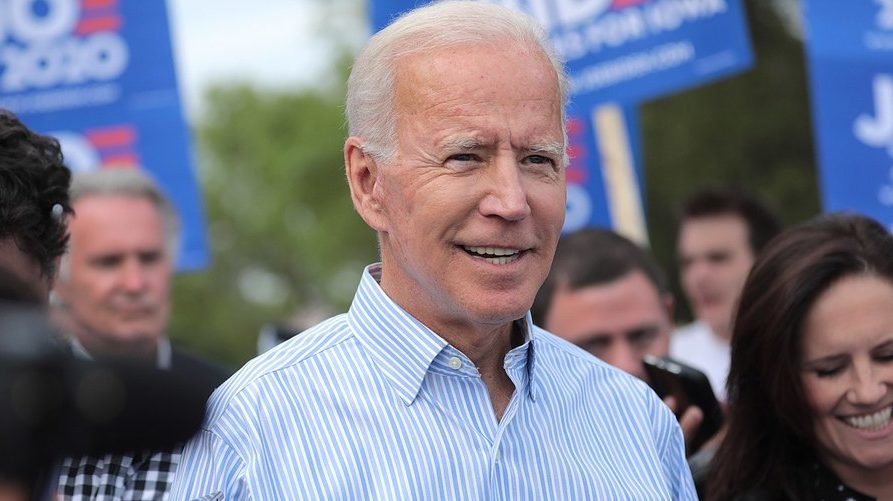Biden, Trump and Differences in Presidential Policies
Al-Etihad, UAE, July 24
It is very normal for American domestic and foreign policy to take a dramatic turn in the aftermath of presidential elections. This most typically happens when a new president steps into the White House rather than an incumbent continuing to serve a second term. The upcoming US presidential election on November 3 is certainly not an exception to the rule. If [President Donald] Trump wins, it is unlikely that much will change in US foreign relations. After all, Trump seems confident about the success of his current policies. But if his Democratic opponent, Joe Biden, wins the election, things might look dramatically different. This would certainly be a plausible scenario, especially given recent polls conducted in the US that show significant momentum for Biden. Nevertheless, one must think about the limits of the change that could occur even if Biden wins. If we consider his political rhetoric, we might conclude that the potential change will be greater in the domestic arena than in foreign stances. Biden will likely shift his attention to issues pertaining to the economy, the environment and US racial tensions. A few days ago, for example, he announced an environmental protection plan that includes a commitment to making significant investments in clean energy infrastructure, with the aim of reducing the United States’ carbon emissions. This plan, if pursued, would dramatically change America’s domestic politics. Perhaps one of Biden’s first steps would be to restore US participation in the Paris Climate Agreement, from which Trump withdrew. However, the potential change in America’s foreign policy toward the Middle East could be less significant than experts believe. Although Biden was a staunch supporter of the Iranian nuclear deal, it will not be easy for him to turn back the clock and restore a degree of normalcy in his country’s ties with Iran, especially in light of the effectiveness of the sanctions imposed by the Trump Administration on Tehran. Thus, if Biden wins, the new administration might open a small window of opportunity to test Iran’s intentions. Unless the mullahs express a clear commitment to reconsidering their actions in the Middle East, Biden will maintain a similar stance to that of Trump. As for the second controversial issue in our region – the Palestinian-Israeli conflict – a Biden administration is more likely to manage it with caution. Here, the expected change could include forcing Israel to freeze settlement construction and stopping the Netanyahu government from annexing territories in the West Bank. However, Biden will not follow in the footsteps of his predecessor by enacting controversial measures comparable to the recognition of Jerusalem as Israel’s capital or the transfer of the US Embassy to the city. It is more likely that his administration will turn a blind eye to the damage that has already been done by Trump and move forward from there. – Waheed Abdul Majeed (translated by Asaf Zilberfarb)


